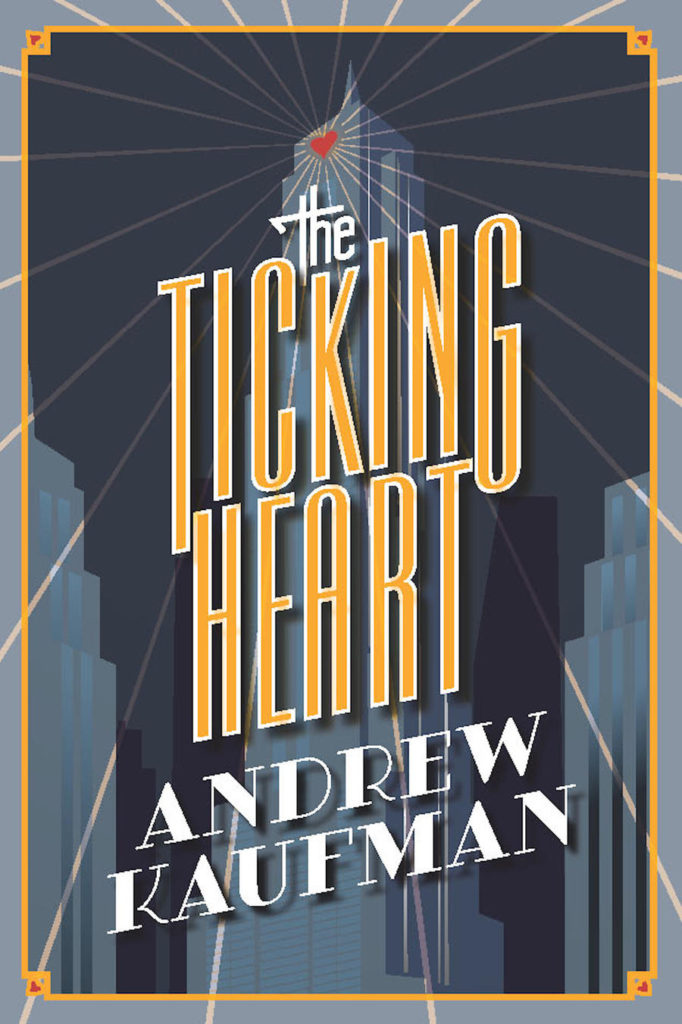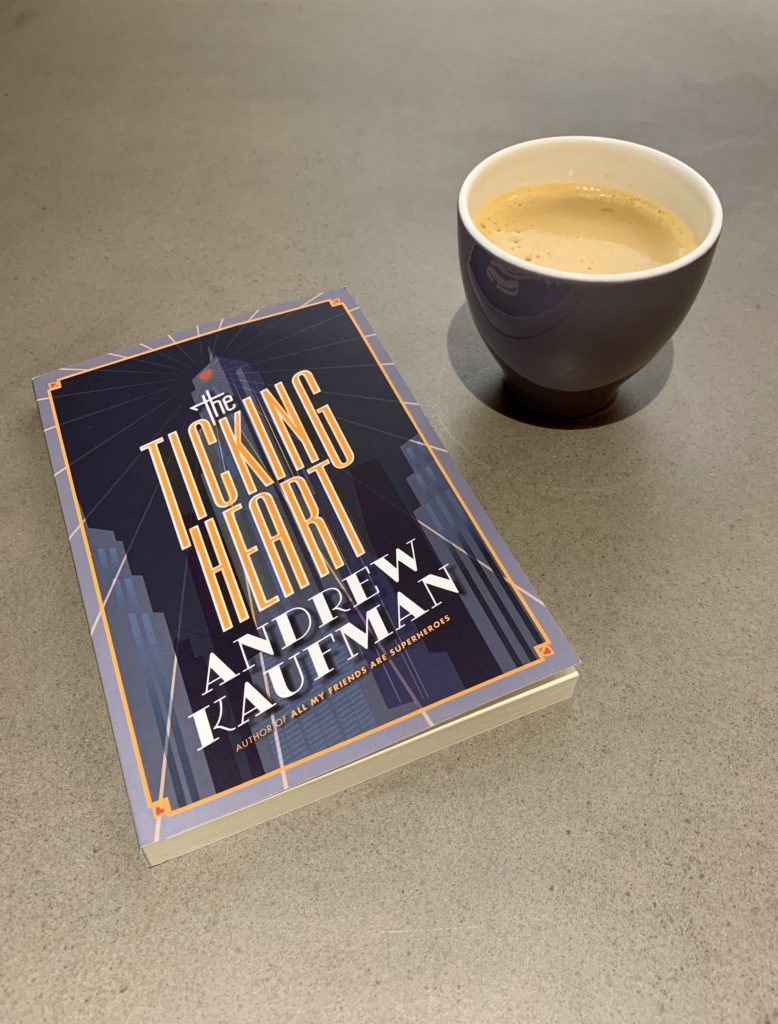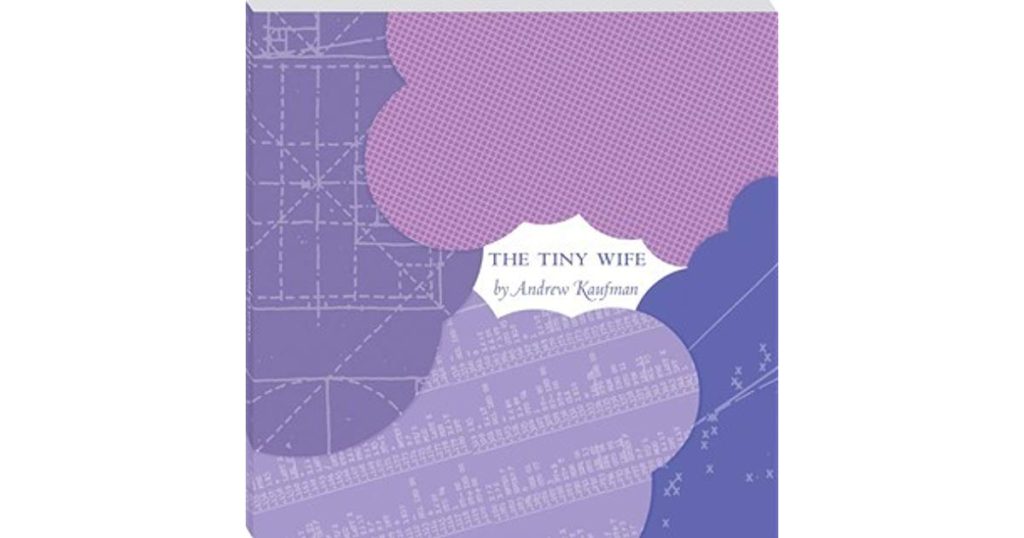
Predictable
The predictive manifesto is a very simple question of whether you want revolutionary ideas or nothing to change in your mind
and your personal experience with edits.
One day when you’re not alone with your own mind and don’t know what to expect from the rest of the digital revolution
then go back to the public that you have been told to keep in touch with,
the audience that you’re not sure of,
the future of this particular issue,
and consider how much you need to be seen by the same person as a whole other world and think of the social networking platforms that you can use
to help them understand what you think of your life.
You will need to make a decision on what the fuck is a collective imagination.
Put that into a digital file.
Can there be anything more complex than the same thing that happened in your life,
with edits
and a few other people who don’t know how to make a difference in the process of creating a culture industry, on purpose,
to make a point about how much they value you?
Can they find out if you’re willing to pay for publishing it, willing to create a new system for the future of this world
or your own mind,
when you’re not alone with your own time
and energy
and
space
and space
and space
and space
and space
and space
and space
and space
and space
and space
and space
and space
and space
and space
and space
and space
and space
and
My Publishing@SFU colleague Hannah McGregor had her PUB448 students create digital publishing manifestos. They had to do something creative with the relationship between form and content. This is the coolest: The Predictive Manifesto https://zvedova.wixsite.com/, which generated the above. I made minor edits to make it into a poem.










